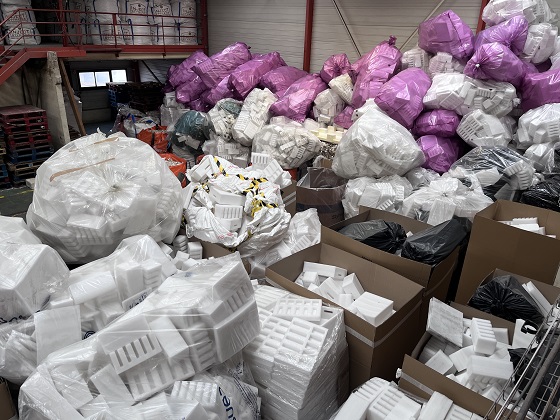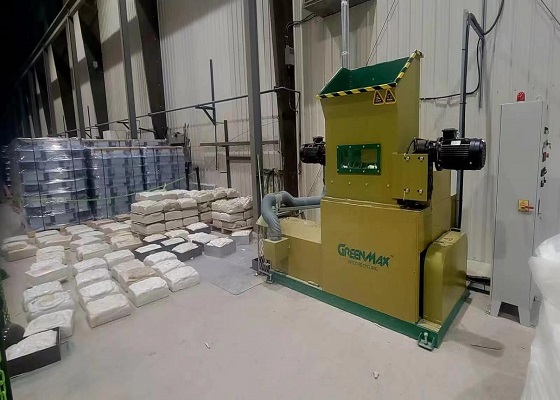The Misconceptions of Expanded Polyethylene
Anti-plastic has been a hot topic for a while, with some proclaiming the solution to plastic waste is to ban it. However, it is essential to step back as well as ask if that approach truly takes us in the right direction - and also if it is realistic.
Expanded Polyethylene-- The Most Misunderstood Plastic
In contrast to common belief, expanded polyethylene, are one of the most versatile, lightweight material in the marketplace and - perhaps surprisingly - one of the most sustainable. With plastic being irreplaceable in medical and food-grade product packaging, the solution is to invest our obsolete recycling structure as well as institute policy.
Expanded polyethylene is one of the most misunderstood plastics. The misunderstood that this material cannot be recycled as well as for that reason needs to be banned completely is misguided. In fact, expanded polyethylene has many inherently sustainable properties, which enable it to play a substantial role in making products for recycling or sustainability.

Expanded Polyethylene is an energy-saving material
As opposed to other polymers, expanded polyethylene's material strength and also barrier properties often enable it to be utilized as a single layer in applications such as food packaging. This single layer design implies the removal of numerous material layers that cannot be properly separated during the recycling process. It means much less material overall is utilized to produce each package in the first place.
Expanded Polyethylene is perfect for recycling
Another misconception about expanded polyethylene is its recyclability-- expanded polyethylene is recyclable! In fact, expanded polyethylene material can be sorted and also recycled more easily than many other polymers. expanded polyethylene can endure extremely high temperatures without comprising or breaking down its chemical structure. This high heat resistance converts to having the ability to be melted and also remolded right into new commodities numerous times. This unavoidably, as well as efficiently, reduces the amount of plastic plaguing our environment.

Banning Plastics is not the solution
Lastly, a progressively common misconception is that there is a simple option to the plastic waste issue. Some believe that getting rid of supposed problematic materials sounds like a quick as well as easy win; however, these illinformed policies actually simply more complicate the problem. For example, composting infrastructure is scarce in the U.S. and compostable plastic alternatives require industrial composting facilities in order to break down these materials. Even so, compostable plastic alternatives break down at a slower rate than food scraps and other conventionally composting materials, which causes issues for composters.
So much adjustment and progression has been made to the design as well as technology of plastics themselves and also their recyclability over the last years. Our society will start taking advantage of the many cutting-edge recycling solutions- like those for expanded polyethylene. It might look like we have a long way to go to completely close the loop, yet we have to start taking steps in the right direction to make an actual difference. Plastic waste is a valuable raw resource. It is in the interest of all participants in the value chain from producers, consumers, and recyclers that plastic is recovered, recycled and repurposed again and again.
